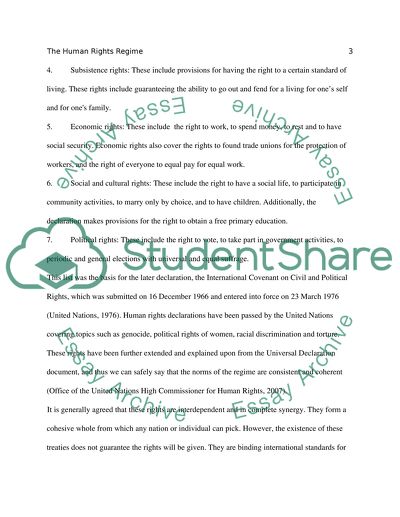Cite this document
(“HUMAN RIGHTS ACTORS AND ACTIVITIES Essay Example | Topics and Well Written Essays - 3500 words”, n.d.)
Retrieved from https://studentshare.org/environmental-studies/1404847-human-rights-actors-and-activities
Retrieved from https://studentshare.org/environmental-studies/1404847-human-rights-actors-and-activities
(HUMAN RIGHTS ACTORS AND ACTIVITIES Essay Example | Topics and Well Written Essays - 3500 Words)
https://studentshare.org/environmental-studies/1404847-human-rights-actors-and-activities.
https://studentshare.org/environmental-studies/1404847-human-rights-actors-and-activities.
“HUMAN RIGHTS ACTORS AND ACTIVITIES Essay Example | Topics and Well Written Essays - 3500 Words”, n.d. https://studentshare.org/environmental-studies/1404847-human-rights-actors-and-activities.


